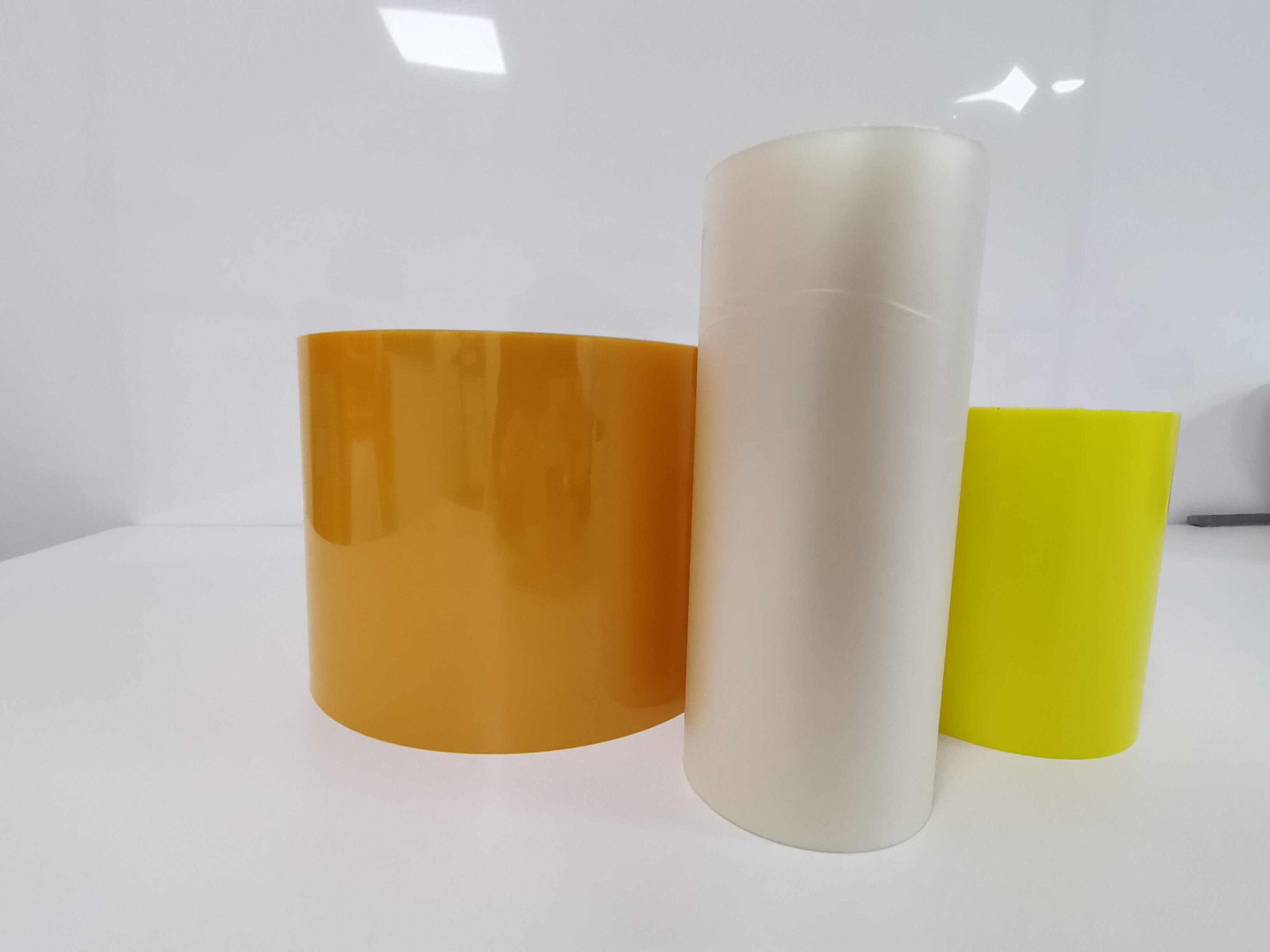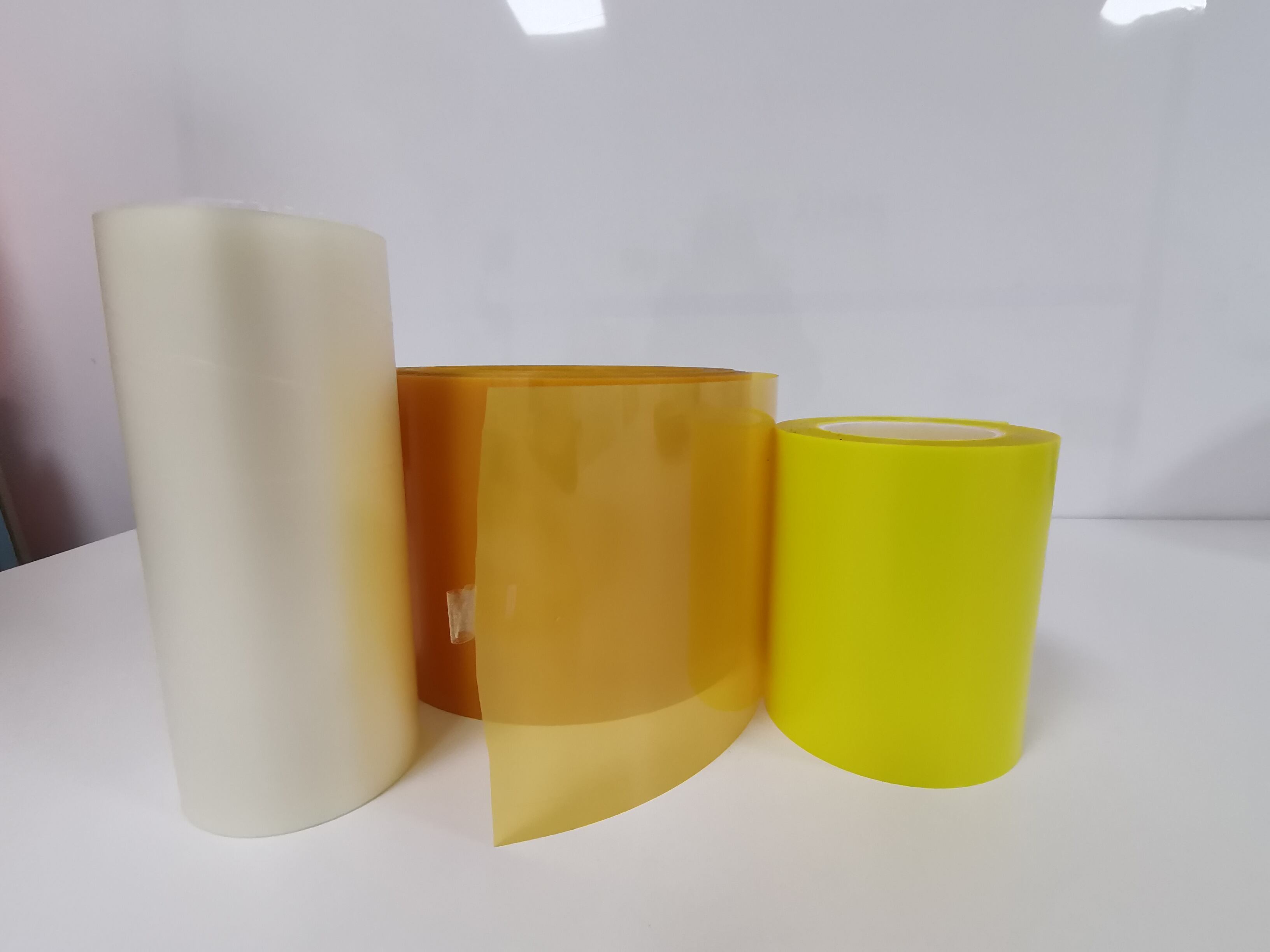Understanding the Growing Demand for Thermoplastic Polyurethane Materials
The procurement of TPU has become increasingly vital across numerous industrial sectors, driven by its exceptional versatility and performance characteristics. As businesses seek materials that combine durability with flexibility, TPU emerges as a premier choice for diverse applications. From automotive components to medical devices, the material's unique properties make it indispensable in modern manufacturing processes.
This remarkable polymer has revolutionized product development across multiple sectors, offering an optimal balance of physical and chemical properties that traditional materials simply cannot match. The strategic procurement of TPU continues to evolve as industries discover new applications and innovations in material science advance.
Key Industrial Sectors Driving TPU Demand
Automotive and Transportation Applications
The automotive industry represents one of the largest sectors for TPU procurement, utilizing the material extensively in various components. Interior parts, such as dashboard covers, benefit from TPU's soft-touch properties and resistance to wear. Under-the-hood applications leverage TPU's heat resistance and durability for cable jacketing and pneumatic tubing.
Transportation manufacturers particularly value TPU's ability to maintain performance across extreme temperature ranges while resisting oils and chemicals. The procurement of TPU for automotive applications continues to grow as vehicle makers seek lighter, more sustainable materials that don't compromise on durability.
Medical and Healthcare Solutions
In the medical sector, TPU procurement decisions are driven by the material's biocompatibility and sterilization capabilities. Medical device manufacturers utilize TPU in applications ranging from catheter tubing to surgical instruments. The material's clarity and ability to be processed into ultra-thin films make it ideal for medical packaging and protective equipment.
Healthcare facilities increasingly rely on TPU-based products due to their resistance to bacteria and ease of cleaning. The procurement of TPU for medical applications must meet stringent regulatory requirements, making supplier selection particularly crucial in this sector.

Consumer Goods and Sports Equipment Manufacturing
Athletic Footwear and Performance Gear
The sports industry has embraced TPU technology, particularly in footwear manufacturing. Athletic shoe companies procure TPU for midsoles, outsoles, and various structural components. The material's excellent rebound properties and durability make it perfect for high-performance athletic equipment.
Beyond footwear, TPU finds applications in protective gear, fitness equipment, and sports accessories. The procurement of TPU in this sector focuses on grades that offer optimal flexibility and impact resistance while maintaining their properties throughout extended use.
Electronic Device Protection
Consumer electronics manufacturers increasingly turn to TPU for protective cases and covers. The material's ability to absorb shock while maintaining a sleek appearance makes it ideal for smartphone cases, tablet covers, and laptop accessories. The procurement of TPU for electronic applications often emphasizes grades with enhanced UV stability and color retention.
The growing demand for durable yet aesthetically pleasing protective solutions has led to increased TPU procurement in the consumer electronics sector. Manufacturers particularly value TPU's ability to be processed into transparent or colored variants while maintaining its protective properties.
Industrial Equipment and Manufacturing
Heavy Machinery Components
Industrial equipment manufacturers rely on TPU for various critical components, including seals, gaskets, and conveyor belts. The material's resistance to abrasion and ability to handle heavy loads make it ideal for these demanding applications. The procurement of TPU for industrial equipment focuses on grades that offer superior wear resistance and long-term reliability.
Mining and construction equipment particularly benefit from TPU's durability and weather resistance. These sectors prioritize TPU procurement for components that face constant exposure to harsh environmental conditions and heavy mechanical stress.
Manufacturing Process Enhancement
In manufacturing facilities, TPU plays a crucial role in optimizing production processes. From conveyor systems to protective coatings, the material's versatility supports various industrial applications. The procurement of TPU for manufacturing processes often emphasizes grades that offer excellent chemical resistance and long service life.
Process engineers value TPU's ability to reduce maintenance requirements and improve operational efficiency. This has led to increased TPU procurement for applications where traditional materials fall short in performance or durability.
Emerging Applications and Future Trends
Sustainable Manufacturing Solutions
The future of TPU procurement increasingly aligns with sustainability goals. Manufacturers are developing bio-based TPU variants and implementing recycling programs to create more environmentally friendly supply chains. This trend reflects growing consumer demand for sustainable materials across all industries.
Innovation in TPU formulation continues to expand the material's potential applications while reducing its environmental impact. The procurement of TPU increasingly considers these sustainability factors alongside traditional performance metrics.
Advanced Technology Integration
Emerging technologies create new opportunities for TPU applications, particularly in smart devices and wearable technology. The procurement of TPU for these applications focuses on grades that can incorporate electronic components while maintaining flexibility and durability.
Research and development in TPU technology continues to unlock new possibilities, from self-healing materials to enhanced biodegradability. These advances shape procurement strategies as industries prepare for future technological developments.
Frequently Asked Questions
What key properties should buyers consider when procuring TPU?
When procuring TPU, buyers should consider several critical properties including hardness range, tensile strength, abrasion resistance, and chemical compatibility. Additionally, specific application requirements such as temperature resistance, UV stability, and processing characteristics should guide material selection.
How does TPU compare to other elastomers in terms of cost-effectiveness?
While TPU may have a higher initial cost compared to some traditional elastomers, its superior durability, longer service life, and reduced maintenance requirements often result in better long-term value. The total cost of ownership, including performance benefits and reduced replacement frequency, typically justifies TPU procurement.
What certifications should be verified when procuring TPU for medical applications?
Medical-grade TPU procurement requires verification of ISO 10993 biocompatibility certification, FDA compliance when applicable, and specific sterilization method compatibility. Manufacturers should also ensure suppliers provide full documentation of material testing and compliance with relevant healthcare regulations.



